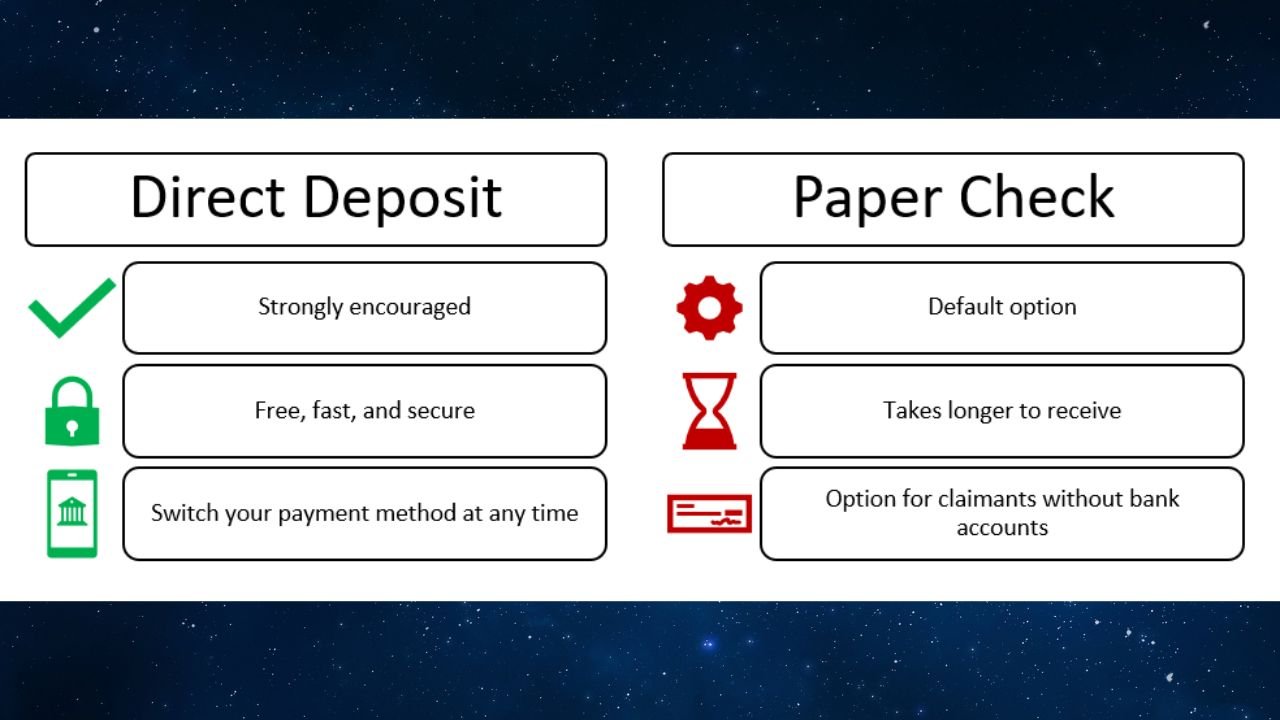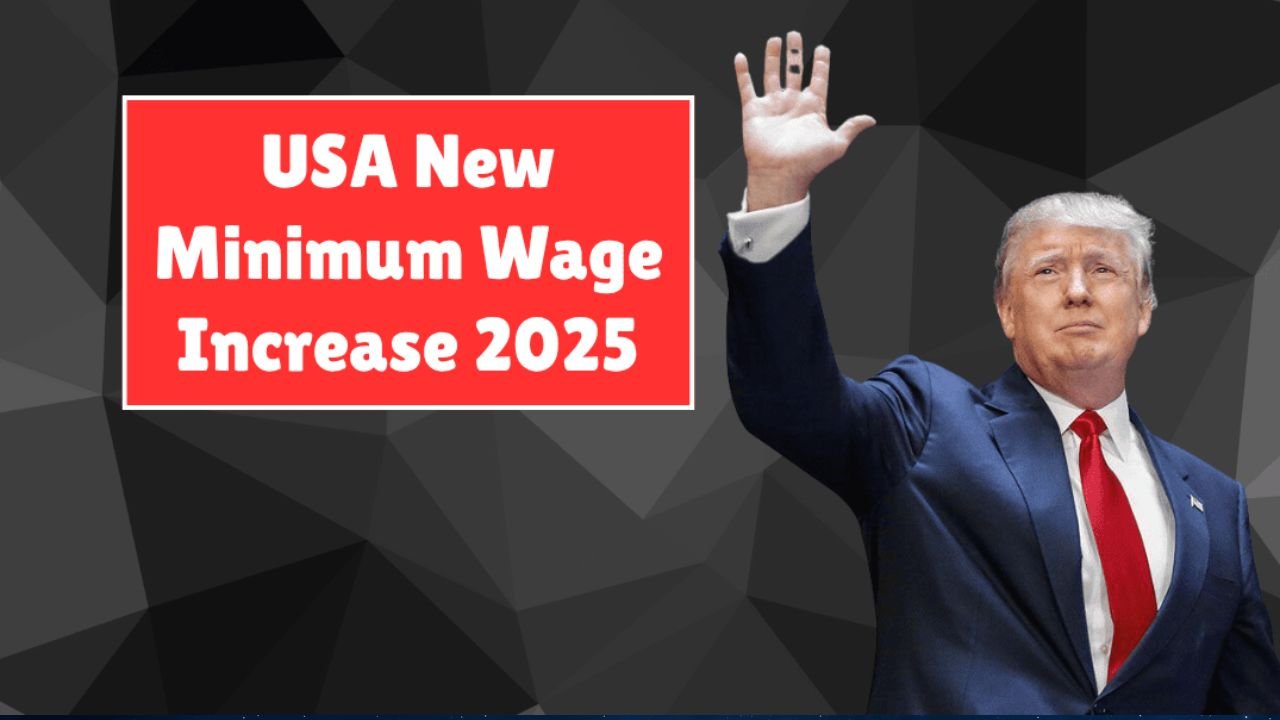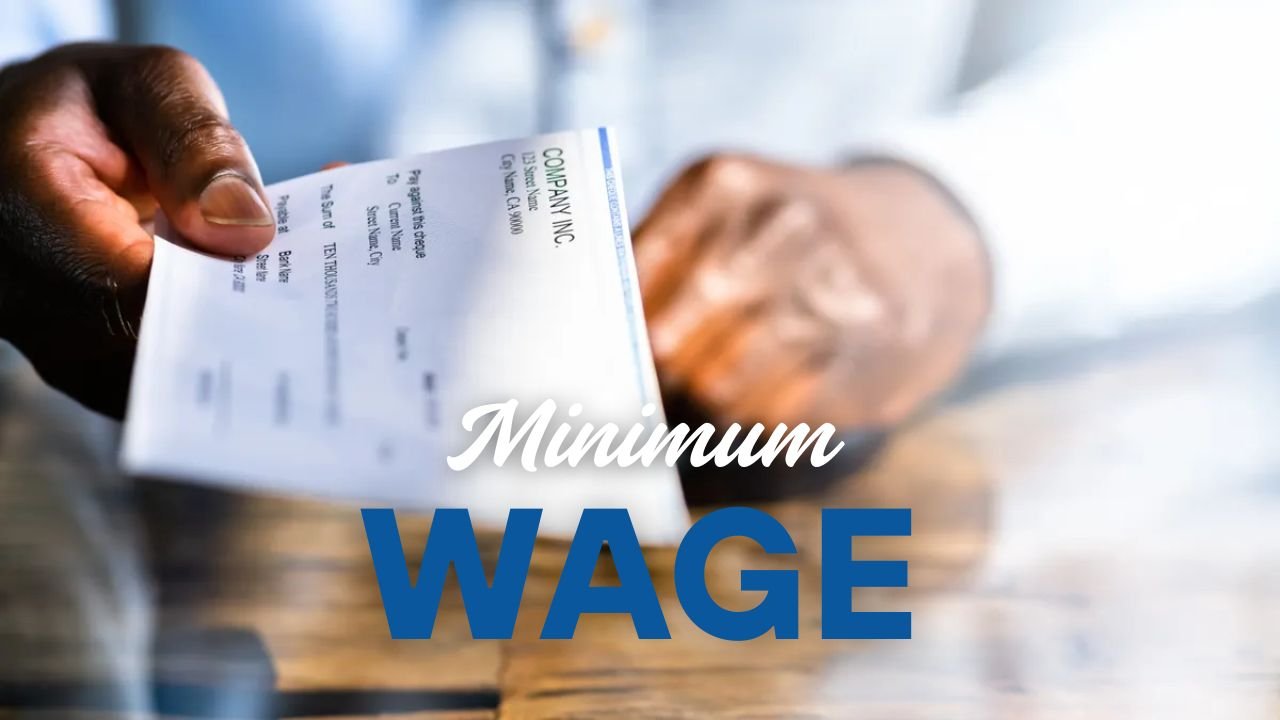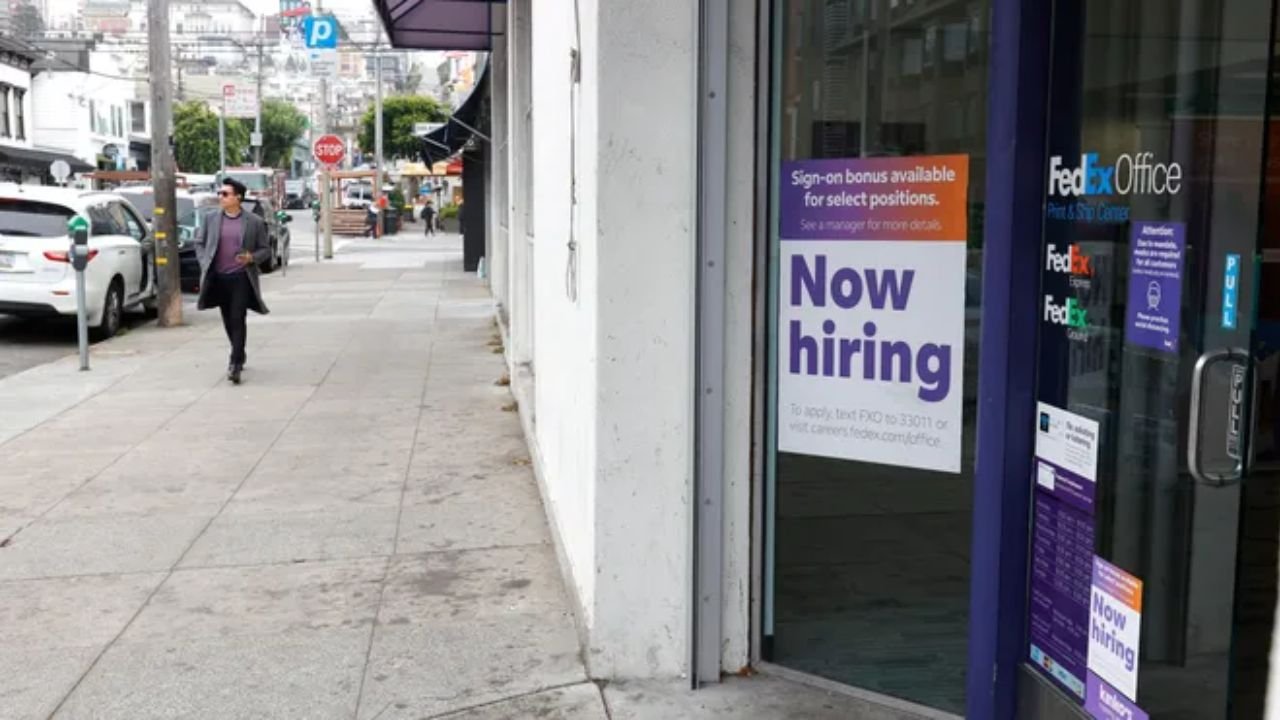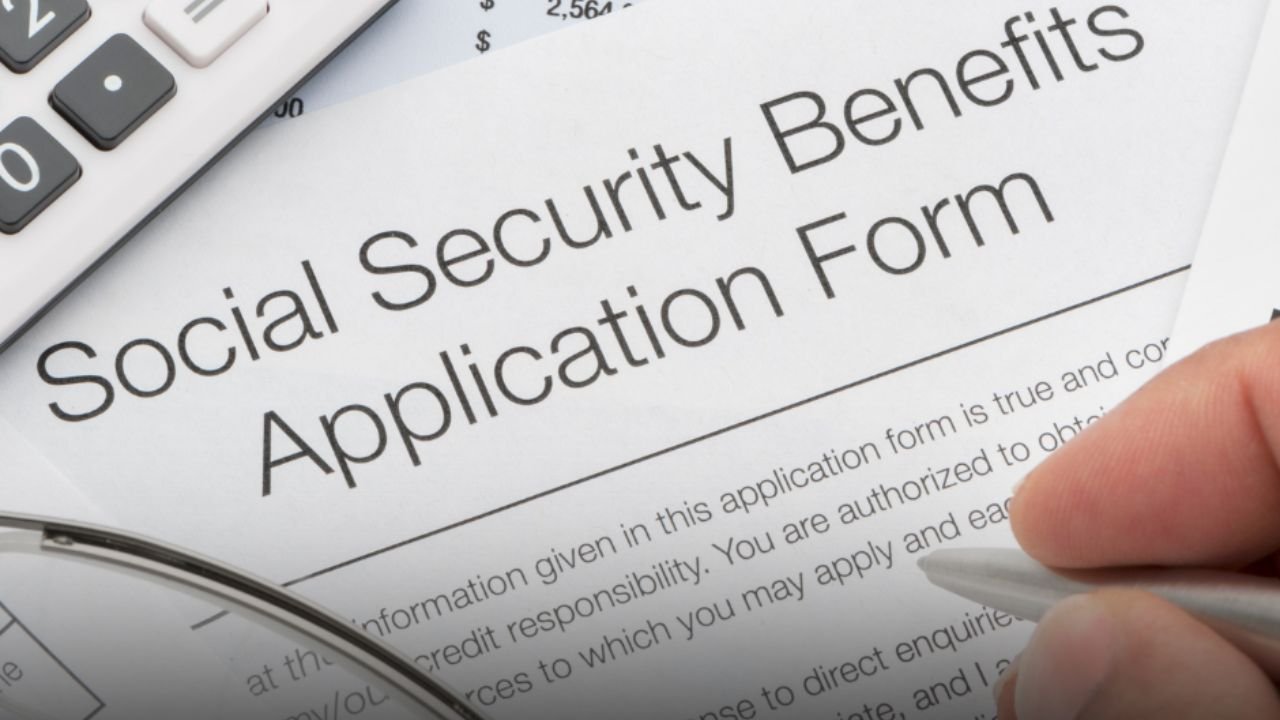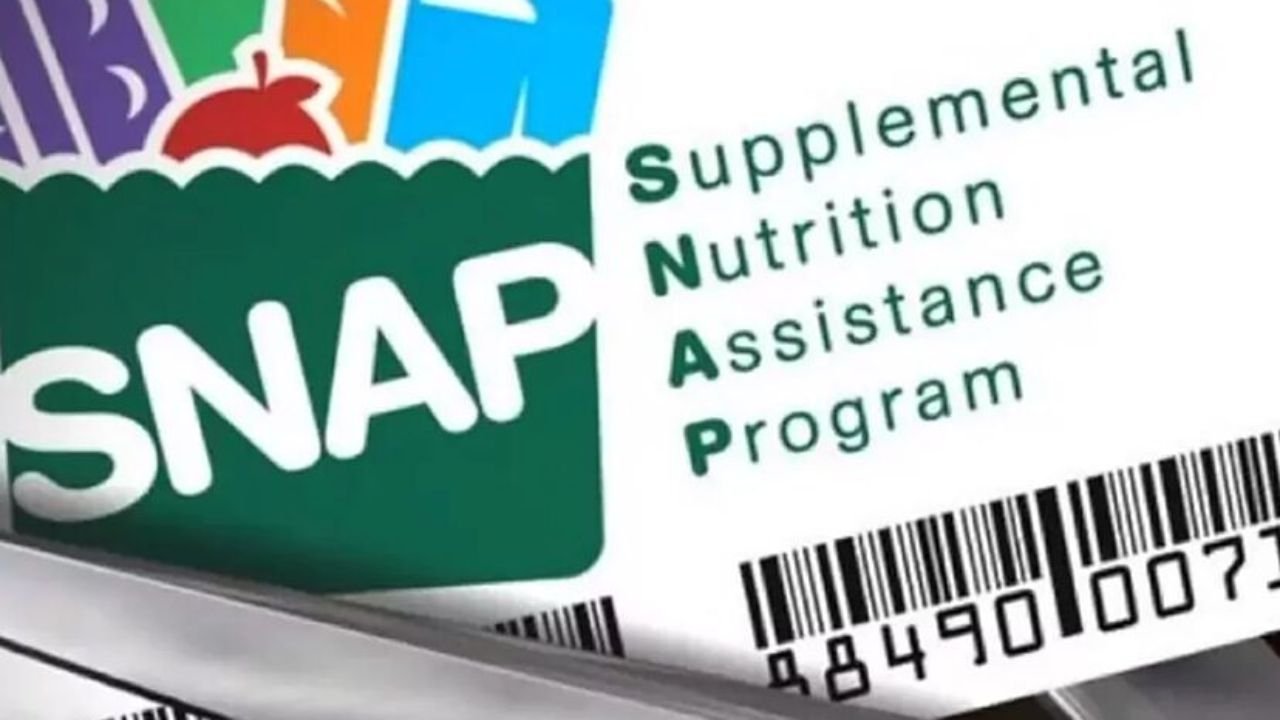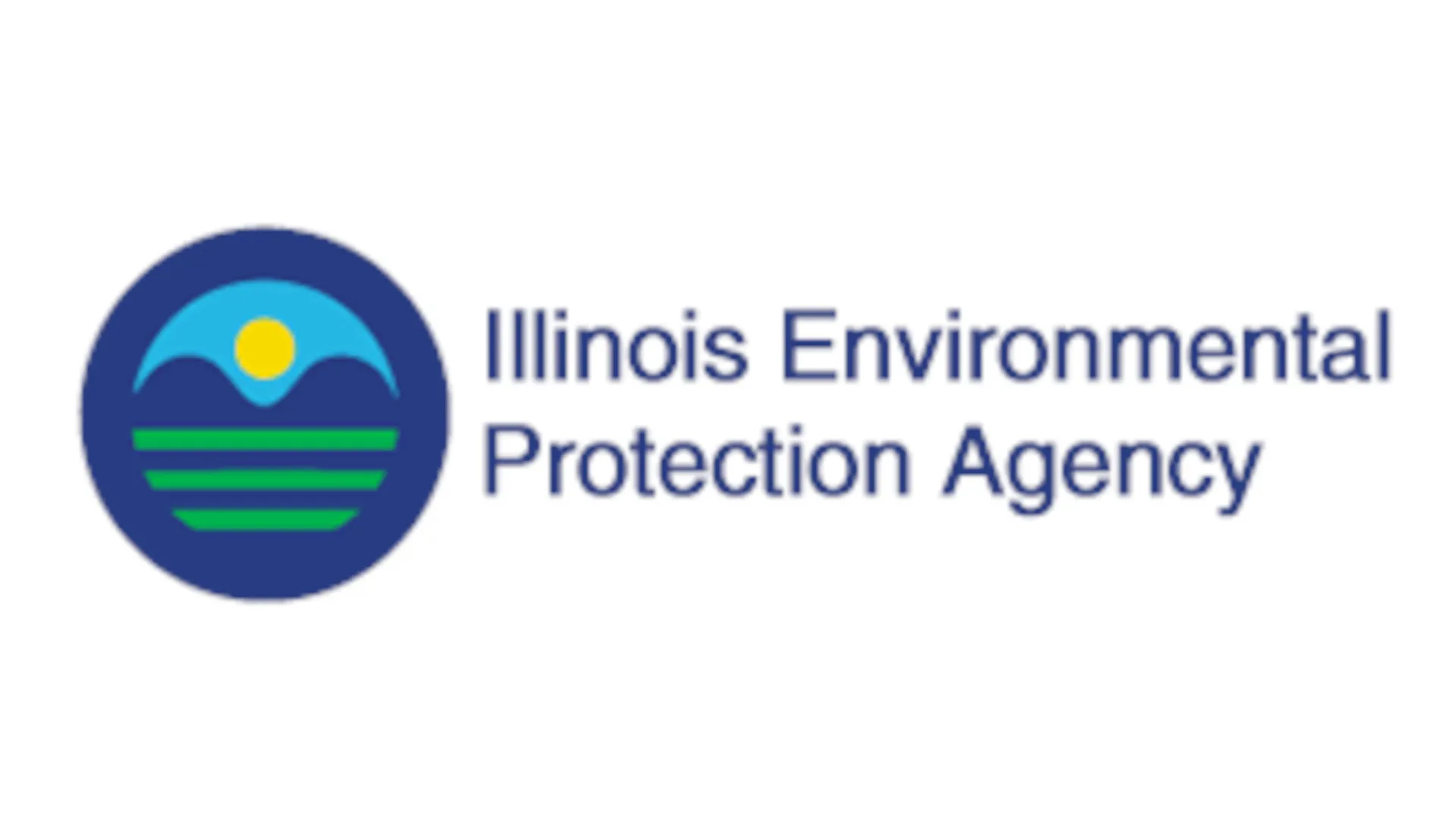ILLINOIS — Thousands of residents across the state are opening letters they never expected in 2025 — overpayment notices from the Illinois Department of Employment Security (IDES), claiming they owe hundreds or even thousands in unemployment benefits received during the COVID-19 pandemic.
If you’ve received one of these notices, you are not alone — and you may be able to appeal or request a waiver. Here’s what Illinois workers need to know about fighting back and protecting their income.
What Is an Unemployment Overpayment?
An overpayment occurs when IDES determines that you were paid more in benefits than you were eligible for — even if the mistake wasn’t your fault.
This is common among people who:
-
Collected benefits during the pandemic years (2020–2021)
-
Had inconsistent income reporting or employer disputes
-
Qualified under temporary federal programs like PUA or PEUC
Overpayments can happen due to clerical errors, federal eligibility changes, or delays in verifying identity or income.
What Happens If You Get a Collection Notice?
IDES is actively resuming collections in 2025 — following federal guidance — and sending notices asking residents to:
-
Repay the full amount listed
-
Or submit a waiver or appeal within a limited time frame
Not responding may result in:
-
Wage garnishment
-
State tax refund seizure
-
Ineligibility for future benefits
So it’s important to act quickly.
Step-by-Step: How to Appeal or Request a Waiver
Step 1: Read Your Notice Carefully
The letter will tell you:
-
The amount of overpayment
-
The reason for the decision
-
The date the determination was made
-
Your deadline to respond (usually 35 days from the mailing date)
Step 2: Decide Whether You Want to Appeal or Request a Waiver
-
Appeal if you believe the overpayment is incorrect
(e.g., you were eligible, or the math is wrong) -
Waiver if the overpayment is correct, but repayment would cause hardship
(e.g., you can’t afford to pay it back)
Step 3: File an Appeal or Waiver Online
-
Use the forms provided and upload documents like:
-
Pay stubs or income verification
-
Bank statements (for hardship waivers)
-
Any relevant ID or proof of eligibility
-
Alternatively, you can mail the completed form to the address listed on your notice.
Step 4: Prepare for a Hearing (If Appealing)
If you appeal, IDES may schedule a telephone hearing. Be ready to explain:
-
Why you believe you were eligible
-
What happened with your past certifications
-
Why the original decision is incorrect
You can bring a legal representative or advocate if needed.
Need Help? Free Legal Aid Is Available
You don’t need to go through this alone. These trusted resources can help:
-
Legal Aid Chicago
📞 312-341-1070 -
Illinois Legal Aid Online
Step-by-step guide + forms -
CARPLS Legal Aid Hotline (Cook County)
📞 312-738-9200
Many legal aid groups offer free representation for hearings and can help file paperwork correctly.
Quick Tips from IDES and Advocates
“Don’t ignore the notice.” Even if you disagree, ignoring it can result in automatic wage garnishment.
“You may qualify for a waiver even if you were technically overpaid.” If repaying causes economic hardship, IDES can forgive the debt.
“Keep all documents.” Save every letter, payment confirmation, and work search log in case your eligibility is ever questioned again.
Have You Appealed an Overpayment or Been Denied a Waiver?
We want to hear your experience. If you’ve been hit with a sudden debt or successfully fought back, your story could help other Illinois residents facing the same issue. Share it at chicagosuburbanfamily.com — and help protect your community from unfair collections.

